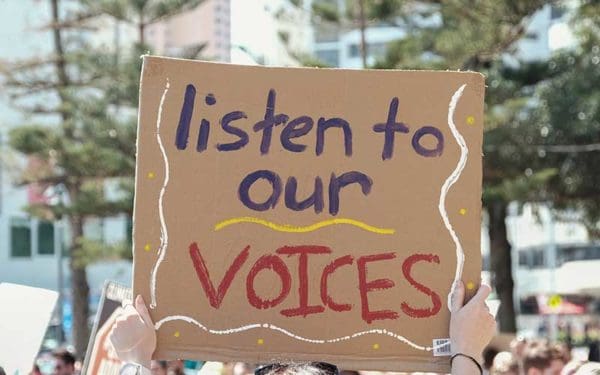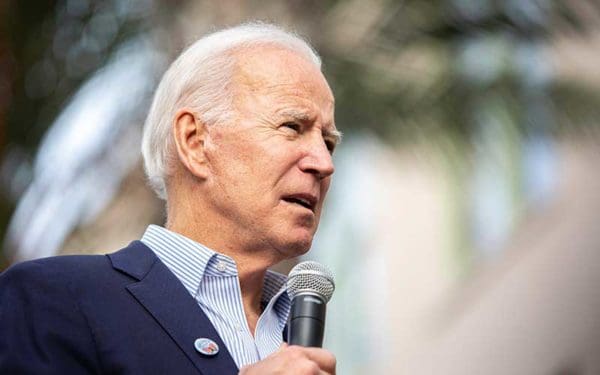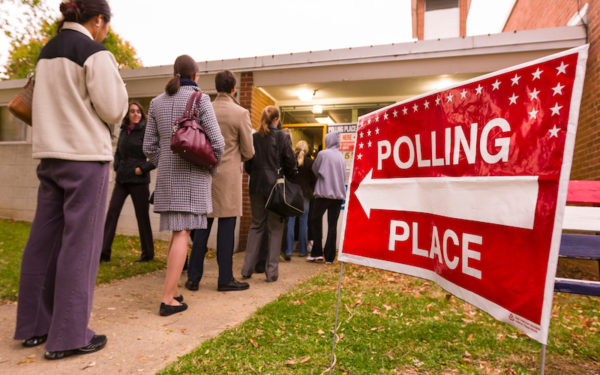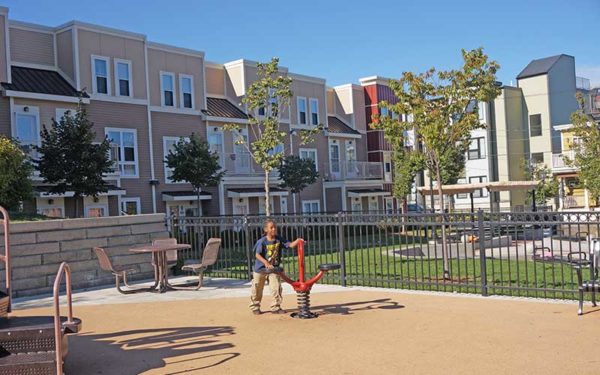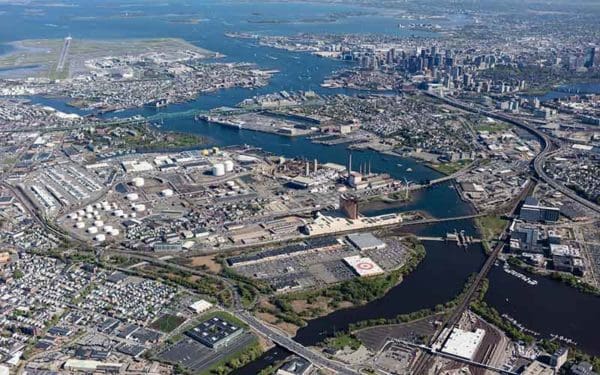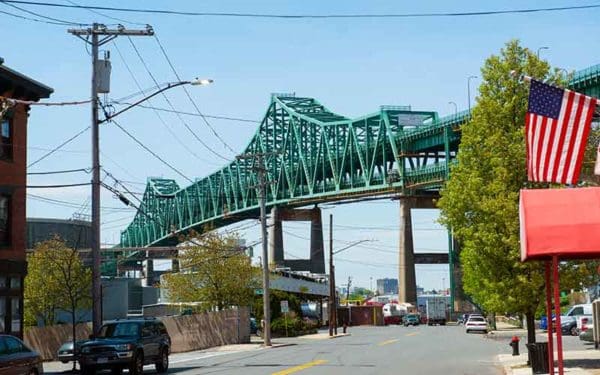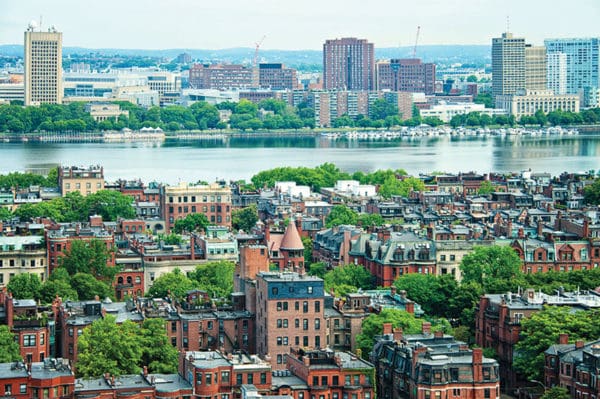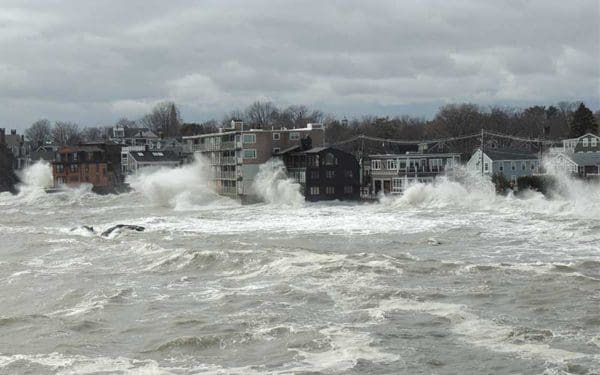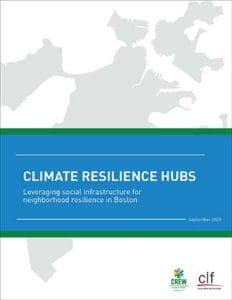Nov 24, 2020
In true 2020 fashion, many families are having small-scale get-togethers or opting for virtual celebrations this Thanksgiving. With less people, that means being even more careful not to overbuy and waste food – because food waste can be terribly damaging to the environment. So let’s think about this for a second – what can you do to waste less food this Thanksgiving?
Nov 17, 2020
I grew up in communities that needed environmental justice the most. I also lived in neighborhoods that already had the resources and ability to make change. Still, I didn’t understand the difference or know what the environmental world called the movement until later in life. I could only connect the dots when I had more access to education and a framework for understanding the issue.
Nov 07, 2020
The presidential election result is a welcome relief – especially amid the ongoing stresses of an unrelenting pandemic, hobbling economic hardship, and an overdue racial reckoning. We all deserve to take a moment and celebrate that. But even as we see the core values of our democracy vindicated after relentless voter suppression efforts, now is not the time to grow complacent.
Oct 27, 2020
Our nation’s long journey to building a truly inclusive democracy is far from over. Voter suppression remains a real and enduring challenge in this country.
Oct 15, 2020
Low-income, immigrant, and communities of color experience more environmental burdens than whiter, wealthier neighborhoods. Having strong environmental justice legislation would make a significant difference in these neighborhoods, in part by simply ensuring residents have a voice in what happens in their own communities.
Oct 14, 2020
Environmental justice requires reversing and repairing the impacts of decades of environmental racism. Residents of environmental justice communities are the most likely to bear the burdens polluting industries and infrastructure, while having to fight for their share of resources we all need — healthy homes, schools, transit, food, and open space.
Oct 13, 2020
For decades, low income, immigrant, and communities of color across the Commonwealth have disproportionately born the burdens of air pollution from power plants, congested freeways, and industrial activity. After generations of disenfranchisement, what would having strong environmental justice protections mean for these communities?
Oct 06, 2020
The Green New Deal may be stalled on the federal level, but it’s always been local governments that move the needle on progress and have immediate, concrete impacts on our lives. Boston City Councilor Michelle Wu’s proposal – Planning for a Green New Deal & Just Recovery – is a great example of local action in the face of federal inertia, and offers an ambitious vision for Boston’s future.
Sep 25, 2020
Addressing physical infrastructure only will never be enough to ensure that our communities and our neighbors can both withstand climate impacts and bounce back quickly when catastrophe strikes. The neighborhoods highlighted in this study are currently the highest risk in terms of both the social and physical risks of climate impacts in the City of Boston. The City can and must support and develop climate resilience hubs to ensure that our communities have the resources they need now and into the future.
Sep 25, 2020
Addressing physical infrastructure only will never be enough to ensure that our communities and our neighbors can both withstand climate impacts and bounce back quickly when catastrophe strikes. The neighborhoods highlighted in this study are currently the highest risk in terms of both the social and physical risks of climate impacts in the City of Boston. The City can and must support and develop climate resilience hubs to ensure that our communities have the resources they need now and into the future.


